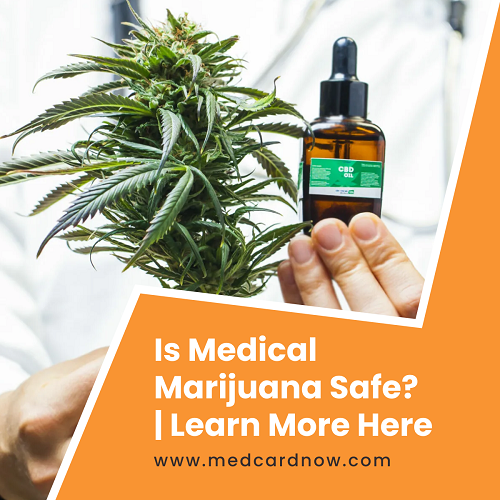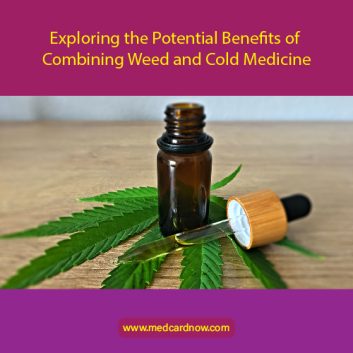
So you’ve heard that medical marijuana is safe, legal, and even good for you. But before you light up that joint, know this — it’s not as simple as popping an aspirin or drinking a cup of coffee. Indeed, medical marijuana is still new, experimental, and not quite understood by doctors or consumers.
The science so far shows some benefits in treating specific conditions such as nausea from chemotherapy and chronic pain from arthritis or cancer. But there are risks too. If you are thinking about using cannabis for medicinal purposes, it’s important to understand how it works.
What the risks might be, and what regulations exist in your state. Read on to learn more about medical marijuana…
What is medical marijuana?
Medical marijuana is a plant that contains chemicals called cannabinoids. These naturally occurring chemicals are being studied for their potential health benefits. When people talk about medical marijuana, they’re usually referring to the dried flowers or leaves from the cannabis plant, which you can smoke or eat.
Medical cannabis also comes in other forms, including oils, tinctures, and topical creams. Some of these forms can be used by people who can’t smoke or digest the cannabis plant. Some people also use the term medical marijuana to refer to synthetic cannabinoids like dronabinol or nabilone.
These are man-made chemicals that have the same chemical makeup as the cannabinoids found in the cannabis plant.
How does medical marijuana work?
Marijuana is thought to work in two main ways:
Psychoactive effects – The dried leaves and flowers of the cannabis plant contain chemicals that can change how you think and feel. These chemicals are what cause the “high” that many people associate with marijuana. Some types of cannabinoids, such as THC, have high psychoactive effects and are most often used when medically necessary.
Non-psychoactive effects – Other cannabinoids, such as CBD, have low psychoactive effects. These are sometimes called “the healing molecules” because they don’t produce a high. Researchers are studying these cannabinoids for their potential medical benefits.
Are there risks to using medical marijuana?
Research on medical marijuana is still limited, so we don’t fully understand the risks and benefits. But some things we do know: Cardiovascular risks – Research suggests that smoking marijuana might increase your risk of heart attack, stroke or chest pain (angina).
This risk might be higher for people who already have risk factors for cardiovascular diseases, like high blood pressure or high cholesterol. Some research also suggests that smoking marijuana might increase the risk of blood clots in the veins.
Cancer risk – Marijuana smoke contains some of the same carcinogens as tobacco smoke. These chemicals might increase the risk of lung cancer, particularly in people who smoke a lot of cannabis.
Increased risk of car accidents – Researchers have found that people who drive while high on marijuana have a higher risk of being involved in car accidents. This risk might be even higher if you mix marijuana with alcohol or other drugs.
Who can use marijuana?
Before you decide to use medical marijuana, talk to your doctor. Your doctor can help you decide if this treatment is right for you. He or she can also help you identify other safe and effective treatment options.
Because of the potential risks, medical marijuana is probably not a good option for people who are pregnant or breastfeeding. And it’s important to remember that marijuana can be addictive.
If you use this treatment, it’s important to follow the laws in your state. Some states have strict guidelines for who can use the drug, how much they can have and how they can get it.
Where can you get it?
In the United States, medical marijuana is legal in 30 states, the District of Columbia, Puerto Rico and Guam. It’s important to note that state laws vary, so if you decide to use medical marijuana, make sure you understand the law in your state.
It is also important to remember that while some states have laws that allow people to grow, buy or sell marijuana (often called “medical marijuana,” these laws don’t apply to people outside of those states. If you travel with marijuana, you must follow the laws of the state where you are.
Bottom Line
Marijuana is a controversial topic. Some people think it’s a safe and effective treatment. Other people think it’s highly addictive and can cause serious health problems. Because marijuana is often misused, its reputation has been tarnished.
And unfortunately, research on marijuana has also been tarnished. It’s important to remember that medical marijuana is still a new and experimental treatment. The bottom line is that marijuana is not completely understood, and it’s not for everyone. If you want to try it, talk to your doctor first.



